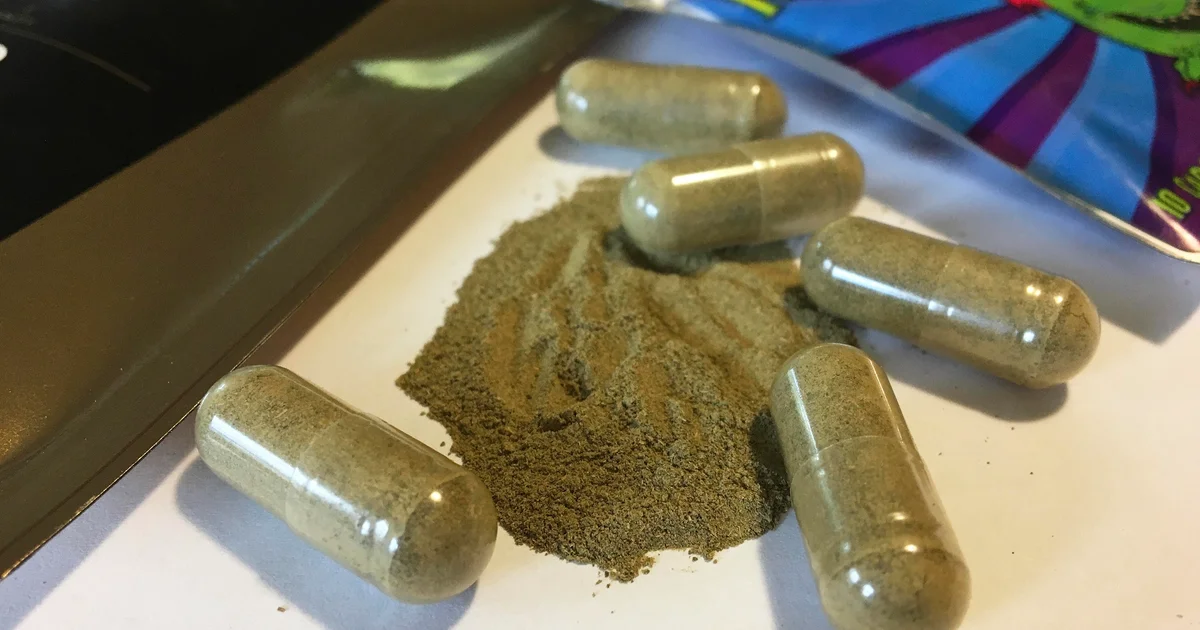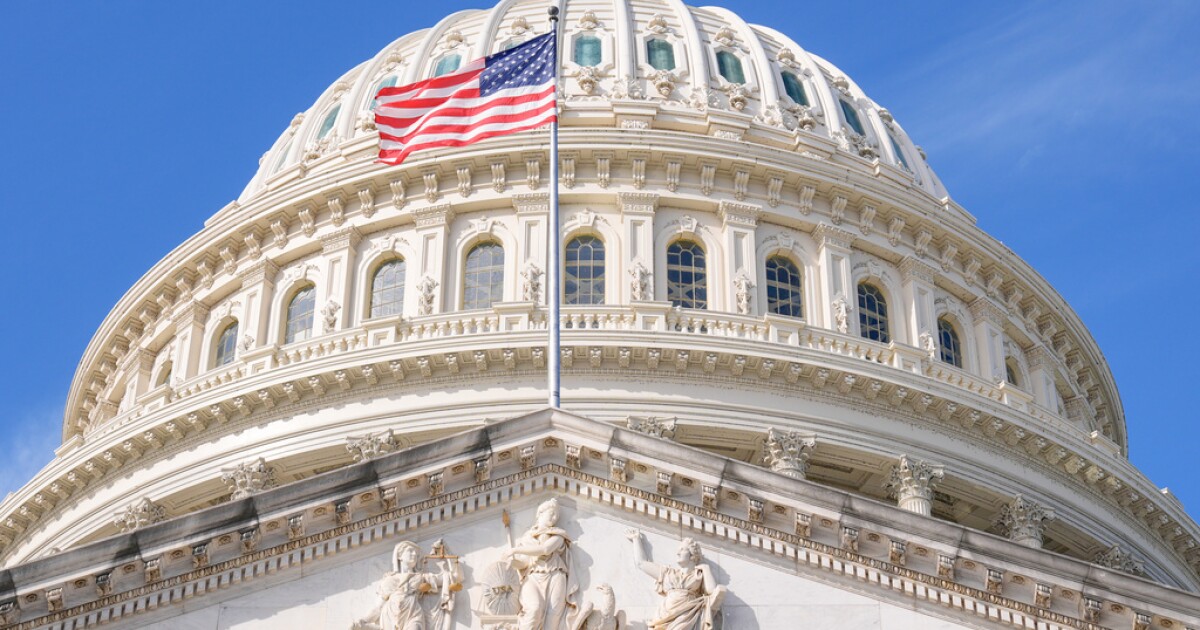Copyright CBS News

The Los Angeles County Department of Public Health urged stores to stop selling kratom after officials linked several overdoses to the compound. Typically found at gas stations and smoke shops, kratom and its synthetic version, known as 7-Hydroxymitragynine or 7-OH, have been marketed as an over-the-counter aid for pain, anxiety and drug dependence. Starting next week, health officials will conduct inspections at tobacco shops and other retailers. If they find kratom or 7-OH products, the items will be red-tagged and must be removed from sale. If stores fail to comply, the Public Health Department could seize the products or destroy the items. Stores could face fines and other penalties if they do not remove kratom or 7-OH from their shelves. In July 2025, the Food and Drug Administration described 7-OH as a "dangerous, illegal" opioid in advisories to local public health departments and warning letters issued to companies accused of illegally marketing the compound. The FDA recommended the compound for scheduling under the Controlled Substances Act. "Kratom and 7-OH products are sold as natural remedies, but they are illegal and unsafe," said Dr. Muntu Davis, Los Angeles County Health Officer. "At lower doses, 7-OH acts like a stimulant and at higher doses, it acts like an opioid. Mixing or using it with alcohol, prescription drugs, or illicit substances can significantly slow breathing and lead to death." Davis added that the unrelated products could make accidental overdoses more likely. Kratom comes from a tropical tree native to Southeast Asia. It's been used in a variety of products, including drinks, pills, powders and tea leaves. It is currently banned in six states and Washington, D.C., and at least 18 states have some form of regulation in place. "The safest choice is to avoid all 7-OH products," Davis said.



